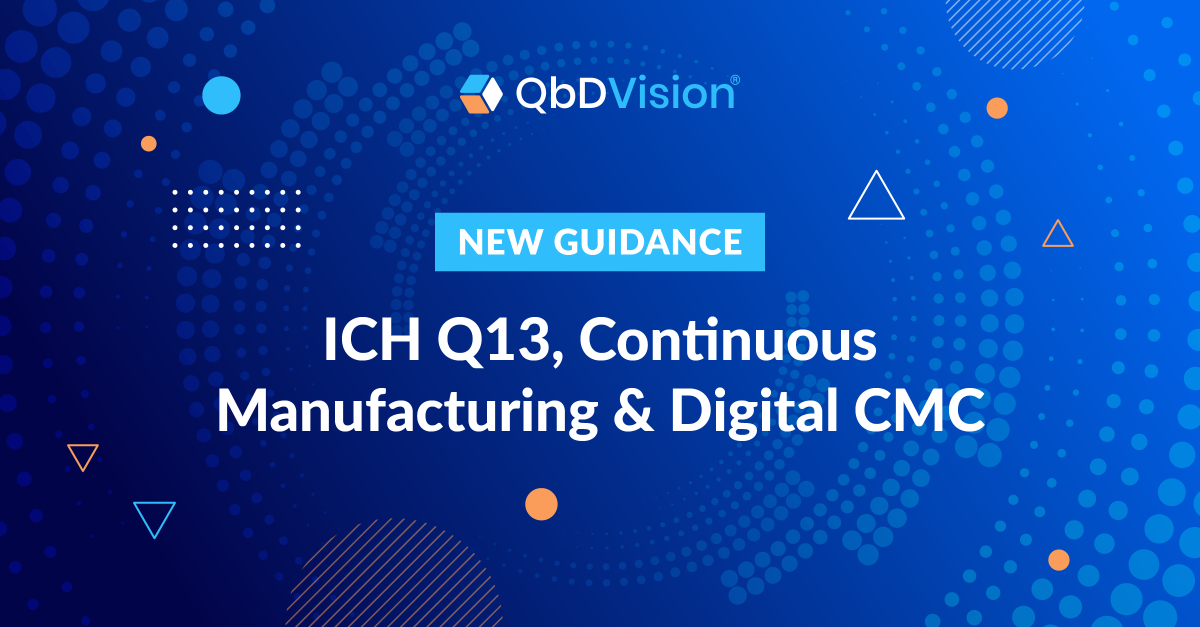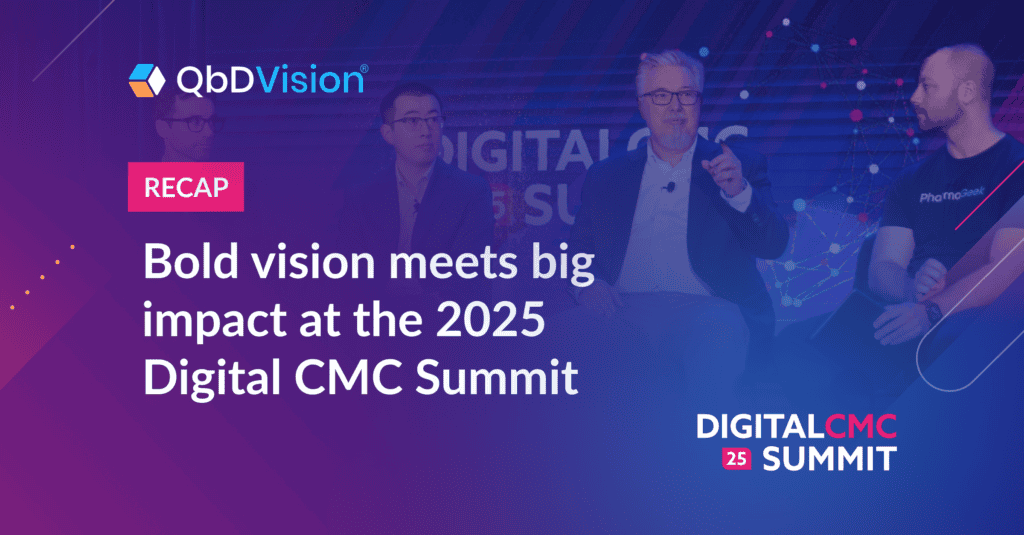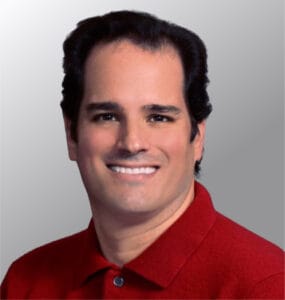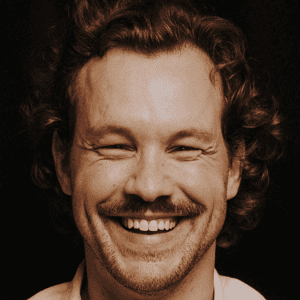Late last year, the International Council for Harmonisation (ICH) finally issued its official guidance on continuous manufacturing (CM) of pharmaceutical and biologic products. ICH Q13 lays out a long-awaited roadmap for next-generation CM concepts that are underpinned by a host of scientific and regulatory considerations for drug developers, C(D)MOs, and all the patients they serve.
With this guidance in hand, and regulators lining up to sync and streamline their review frameworks, it’s time for a real, concerted shift from “if” to “how” – from weighing the feasibility of CM in drug manufacturing to figuring out how to put the ICH Q13 roadmap into practice.
And that – *spoilers ahead* – is where things may get tricky for CMC activities across any product lifecycle.
Continuous manufacturing: What it is, and why ICH Q13 puts our industry on notice
While ICH Q13 may be a major new asset for drug developers and C(D)MOs, CM is a concept that’s already well-established in many other industries. The process involves the continuous feeding of input materials, the transformation of in-process materials within, and the concomitant removal of output materials from a manufacturing process. CM – sometimes called “flow manufacturing” – focuses on integrating every step of a manufacturing process into a non-stop, uninterrupted production cycle. This high-efficiency approach is already the standard for many industry verticals, including fossil fuel, chemicals, paper products, and more.
For these diverse industries, adopting CM is already a powerful and familiar way to maximize quality and minimize supply disruptions, while also lowering manufacturing costs, expediting outputs, and simplifying scale. And yet, for pharma and biotech companies, the standard still remains batch manufacturing – a sequential, stepwise and antiquated process that can send drug products hopscotching across units, teams, and facilities, with plenty of hold times and process hazards in between.
With shortages, quality concerns, and stacks of 483s piling up, the last few years have shown just how urgently our industry needs to modernize its manufacturing methods. Now, at last, with ICH Q13, a catalyst has arrived. This new guidance will help spark the transition from batch-centric processes to continuous processes.
“With shortages, quality concerns, and stacks of 483s piling up, the last few years have shown just how urgently our industry needs to modernize its manufacturing methods. Now, at last, with ICH Q13, a catalyst has arrived. ”
For industry organizations waiting on the CM sidelines, ICH Q13 sends a clear message: you have the clarity you need to design, implement, and ultimately control CM systems for your products. With these guidelines in place, both drug developers and manufacturers can finally start stretching for an overdue quantum leap – and look ahead at the transformative value of taking it.
The guideline:
- Builds on existing ICH Quality Guidelines to incorporate QbD elements for a continuous lifecycle approach
- Provides clarification on CM concepts such as ‘state of control’ which has been further clarified in 3.1.1
- Focuses on the integrated aspects of a CM system in which two or more unit operations are directly connected
- Describes scientific and regulatory considerations for the development, modernization, implementation, operation, and lifecycle management of CM processes.
Impact of ICH Q13: How CM can set a new standard for drug manufacturing
Batch-based processes leave drug manufacturers vulnerable to a range of inefficiencies – hold times add up during testing, materials degrade during process delays, and utilization of expensive resources sag between tasks.
CM promises a powerful antidote to these issues – a message the FDA has been trumpeting for several years now. In their own 2019 draft guidance, the Agency presented the switch from batch manufacturing to CM as a golden opportunity for the industry to shorten processing times, enhance development approaches, boost supply chain resilience, and more.
And now, the ICH has further cleared the way to achieving many of those valuable goals – with clear signals from the FDA and EMA that aligned review frameworks will be a regulatory fast-follow. ICH Q13 builds on work the FDA had already begun with their 2019 draft CDER guidance on continuous manufacturing, and swift adoption by the European Medicines Agency (EMA) clearly indicates that EU regulatory alignment won’t be far behind.
As Pharmaceutical Online noted recently, there are a multitude of benefits that drug manufacturers could capture by developing continuous, fully integrated drug manufacturing processes.
Continuous Manufacturing Benefits:
- Faster cycle times with fewer processing steps and interstitial gaps
- Better process control with higher-quality outputs and fewer supply chain disruptions
- Smaller, less capital-intensive facility footprints
- Greater agility with less need to rethink processes and compliance needs at different production scales, resulting in streamlined scale-ups
- Simplified CPV with lower clerical overhead for validation tasks, enabling a continuous approach to lifecycle validation
- Streamlined reviews, approvals, and product launches
- Continuous improvement achieved by default
Each of these benefits shine in ICH Q13, which covers scientific approaches to CM, regulatory considerations for submitting CM processes, and valuable examples of these concepts in practice. It also details how the familiar principles of ICH Q8, Q9, and Q10 can be integrated into CM methodologies, showing how these now-fundamental concepts can be extended to support well-controlled continuous processes and make the post-approval change management process less cumbersome
All in all, ICH Q13 presents a clear and actionable roadmap to a promising new era of drug manufacturing – one without time-burning hold times, expensive utilization dips, and reactive QC methods. With upsides that substantial, what could hold drug developers back from making the switch to a post-batch CM mindset?
Controlling continuous processes: What ICH Q13 will mean for CMC programs
ICH Q13 will no doubt accelerate a transition that has already been gathering momentum for the last few years. Several marquee brands, including Vertex, Eli Lilly, Janssen, and Pfizer, have already strategically approached CM innovation and put it at the heart of their portfolio.
But while some well-capitalized enterprises are off the blocks, much of the industry still faces a critical adoption challenge. While ICH Q13 highlights some substantial benefits of implementing CM, the cost and complexity of developing CM processes remain daunting – if not prohibitive for up-and-coming drug developers in an industry that is racing to get therapies to patients who need them the most.
Zooming in, one critical dimension of that complexity may be especially challenging for organizations that still rely on legacy CMC methods: control strategy. Applying a successful control strategy framework to CM processes allows for continuous control of attributes and parameters throughout the lifecycle, from early drug discovery all the way to the commercial stage.
The scientific approaches section of ICH Q13 provides detailed guidance on the level of sophistication needed to implement well-controlled CM processes. “Musts” include an in-depth understanding of process dynamics, detailed material characterization, advanced process modeling, monitoring, controls, and much more.
And as Pharmaceutical Online also notes, “it will take time, effort, and focus to develop the personnel and systems necessary to reach the level of process understanding and control required” for CM success. Simply put, any drug developer or CDMO that wants to master CM processes needs to take one critical first step: leveling up their approach to developing the strategy and data structures needed to control such advanced manufacturing methods. This approach needs to be implemented from the top down, as it requires a multi-disciplinary approach that takes people, processes, systems, and facilities into account.
"To implement the controls necessary to support CM, an in-depth engineering understanding of the process is required."
Pharmaceutical Online
Tackling that challenge – and ultimately unlocking the full value of CM – will take a holistic shift. Control strategies optimized for stepwise batch processes will be difficult – if not impossible – to translate directly to CM methods. Especially when they demand real-time risk analyses, in-line quality assessment, and predictive agility enabled by richly contextualized data frameworks. Control strategies for CM processes require the aforementioned holistic approach and are developed by understanding the following characteristics.
Control Strategy Characteristics:
- Process dynamics (definition has been revised as part of the updated guideline)
- Material characterization and control
- Equipment design and system integration
- Process monitoring and control
- Material traceability and diversion
- Process modeling
This highlights the need for a comprehensive engineering understanding of the CM inputs and outputs that require advanced controls, incorporating control strategy aspects highlighted in Q7 – Q10. Conventional, unit-by-unit CMC methods – the process development echo of batch manufacturing – simply aren’t up to this task. We may not see the gauntlet thrown in ICH Q13, but we can hear it hit the floor: for organizations that want to successfully deploy CM processes to truly modernize their manufacturing activities, digital CMC principles are now more critical than ever.
Where to start: Adopting Digital CMC to leverage ICH Q13
CM is far more than looping batch processes. Truly end-to-end, uninterrupted manufacturing processes require a different kind of responsive, integrated, closed-loop system – the kind that can only be enabled by engineering-level process knowledge and robustly structured data frameworks. Excel “bloaters” infected with chaotic unit op data need not apply.
Multiple concepts at the core of CM – like predictive risk assessment, real-time release testing (RTRT), and dynamically managed residence time distribution (RTD) – all depend on deep, rich, and thoroughly contextualized process data. And not just what’s captured on the shop floor. For drug substances and drug products, well-controlled CM processes will need data frameworks that provide structured modeling, material, quality, and risk context all the way back to process inception in a CMC program.
That kind of data environment is extraordinarily challenging to build as-needed in the run-up to a regulatory milestone.
Ideally, it should be generated by design, through a structured, data-centric approach to process development, risk assessment, and other key CMC workflows that form the foundation of CM-ready manufacturing methods. As ICH Q13 makes clear, CM success will need to start far upstream from CM implementation – in a modern, integrated CMC workspace where teams can lay the foundation of advanced controls.
Fortunately, creating that kind of structure is a crucial step in the growing movement toward digital CMC methods and systems. The robust, sophisticated control strategies they enable are just one part of a greater pivot toward process development approaches that finally harmonize science and data – and that may just pave the way toward the new future we can see taking shape through the implementation of ICH Q13.
CONNECT WITH QBDVISION
Ready to see how Digital CMC can accelerate your CM initiatives?
Reach out to our team to learn more about building modern digital control strategies that enable high-performance drug development.



























































